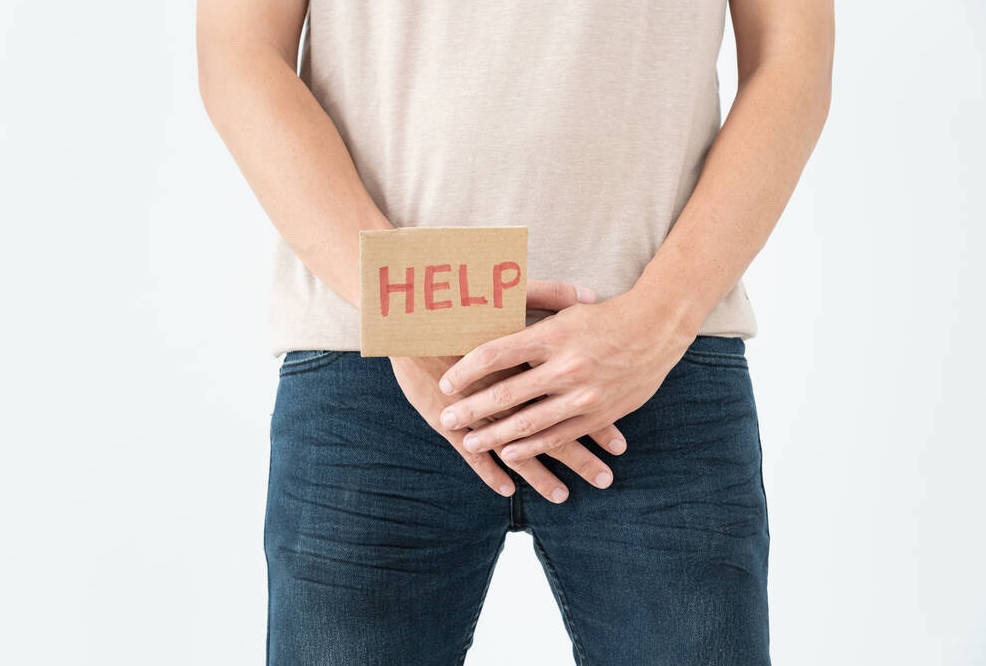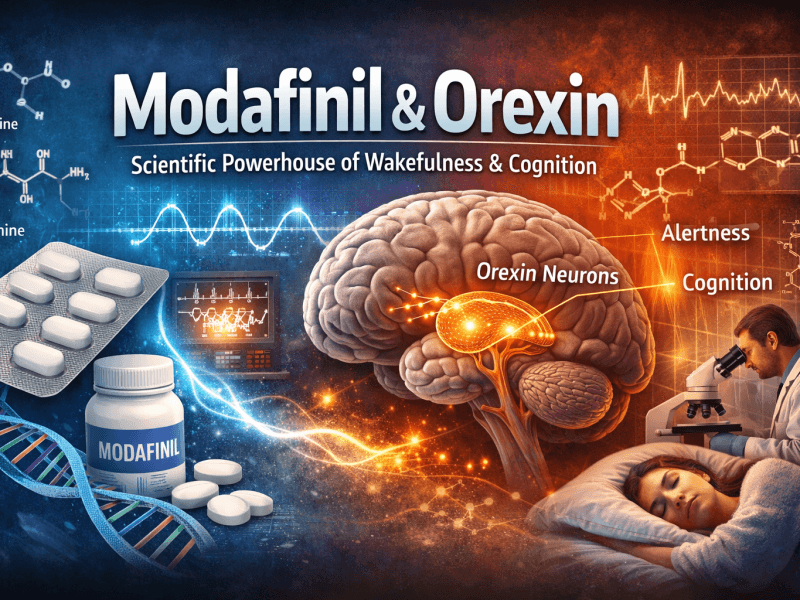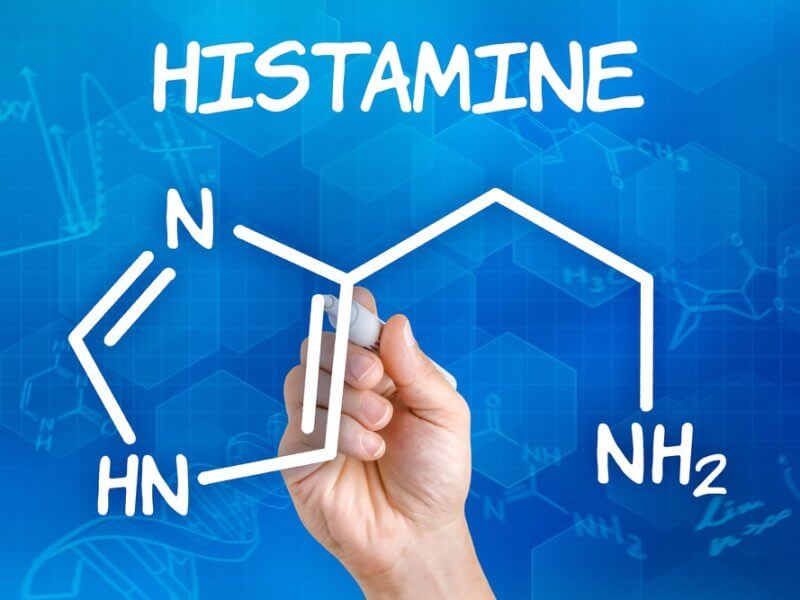Last Updated on 14/08/2025 by James Anderson
Introduction
Premature ejaculation (PE) is one of the most common sexual concerns in men, affecting up to 30% of males worldwide at some point in their lives. While there are established treatments, some people have begun to explore unconventional options — and one of those is modafinil, a wakefulness-promoting drug often prescribed for narcolepsy. Could this “smart drug” also help men last longer in bed? Let’s dive into the evidence.
Understanding Premature Ejaculation
Definition and Diagnostic Criteria
The medical definition of premature ejaculation typically involves ejaculation within one minute of penetration in most sexual encounters, combined with an inability to delay ejaculation and distress for the individual or couple.
Common Causes of PE
Psychological Factors
Stress, performance anxiety, depression, and relationship problems often play a big role in PE. The mind can be just as influential as the body in sexual performance.
Biological Factors
Low serotonin levels, hypersensitive penile nerves, and certain genetic factors have all been linked to faster ejaculation.
Impact on Quality of Life
PE can lead to frustration, lowered self-esteem, and relationship strain. That’s why finding effective treatments is so important.
What is Modafinil?
Medical Background
Modafinil is a central nervous system stimulant developed in the late 20th century. It’s best known for treating narcolepsy, sleep apnea, and shift work sleep disorder.
Approved Uses
In most countries, modafinil is only approved for sleep-related disorders.
Off-Label Applications
People have experimented with modafinil for boosting focus, productivity, and even mood which is why it has become popular in the nootropics community.
Why Modafinil is Being Considered for PE
Modafinil’s Effect on the Central Nervous System
Modafinil increases wakefulness, alertness, and brain activity. The logic is: if you’re more focused, you may have better control over your body’s responses, including sexual arousal and climax.
Influence on Dopamine and Norepinephrine
By affecting these neurotransmitters, modafinil may influence arousal and reward systems, possibly altering the ejaculatory reflex.
Potential Benefits for Sexual Performance
Some anecdotal reports suggest modafinil can prolong time to orgasm and reduce sexual anxiety – but solid scientific evidence is limited.
Scientific Evidence and Studies
Existing Research on Modafinil and PE
As of now, there are no large-scale clinical trials directly testing modafinil for premature ejaculation. However, smaller studies on sexual function hint at possible benefits.
Related Studies on Sexual Function
Research has shown modafinil might increase sexual desire and improve erectile function in certain contexts, possibly due to its stimulant effects on the brain.
Limitations of Current Data
Without direct clinical trials, we can’t conclude that modafinil is effective for PE much of the interest comes from personal experiments and online forums.
Potential Mechanisms of Action
Enhanced Alertness and Focus
Better mental control could help delay ejaculation for some men.
Increased Control Over Ejaculatory Reflex
The drug’s stimulation of certain brain areas might slow down reflexive responses.
Mood and Confidence Effects
By boosting mood and reducing fatigue, modafinil might indirectly improve sexual performance.
Risks and Side Effects
Common Side Effects of Modafinil
Headaches, nausea, insomnia, and anxiety are among the most reported.
Potential Sexual Side Effects
Some users report decreased libido or erectile difficulties – so the effect on sexual performance isn’t always positive.
Long-Term Risks
Long-term safety for off-label sexual use is unknown, and misuse can lead to dependency or heart strain.
Alternatives to Modafinil for PE
Behavioral Techniques
Methods like the stop-start technique and squeeze method can help many men delay ejaculation without drugs.
Medications (SSRIs, Topical Anesthetics)
SSRIs such as dapoxetine, or numbing creams, have proven benefits.
Psychological Counseling
Therapy can help address underlying anxiety or relationship issues contributing to PE.
Expert Opinions
What Doctors Say
Most experts caution against using modafinil for PE due to a lack of research and potential side effects.
What Patients Report
Some men swear by it; others experience no benefit or even worse performance.
Legal and Ethical Considerations
Prescription Regulations
In many countries, modafinil is prescription-only, and using it without medical advice can be illegal.
Off-Label Use Ethics
Doctors must weigh potential benefits against unknown risks when prescribing off-label.
Conclusion
Modafinil is an intriguing, though unproven, option for premature ejaculation. While some men report improved control and performance, there’s no strong clinical evidence yet. Until more research is available, proven treatments should remain the first line of action – and any experimentation with modafinil should be done under medical supervision.
FAQ
1. Can modafinil cure premature ejaculation?
No — there’s no proof it can cure PE, though it might help some men manage symptoms.
2. Is it safe to take modafinil for sexual performance?
Safety is uncertain, especially for long-term or off-label use.
3. How does modafinil affect libido?
It can either increase or decrease libido, depending on the individual.
4. Are there better options for PE?
Yes – SSRIs, behavioral methods, and therapy have more scientific support.
5. Can I buy modafinil without a prescription?
In most countries, it’s prescription-only and buying it illegally can carry penalties.
‼️ Disclaimer: The information provided in this article about modafinil is intended for informational purposes only and is not a substitute for professional medical consultation or recommendations. The author of the article are not responsible for any errors, omissions, or actions based on the information provided.
References:
- Oliva Ramirez A, Keenan A, Kalau O, Worthington E, Cohen L, Singh S. Prevalence and burden of multiple sclerosis-related fatigue: a systematic literature review. https://doi.org/10.1186/s12883-021-02396-1 . 2021.
- Ciancio A, Moretti MC, Natale A, Rodolico A, Signorelli MS, Petralia A. Personality Traits and Fatigue in Multiple Sclerosis: A Narrative Review. Journal of Clinical Medicine. https://doi.org/10.3390/jcm12134518 . 2023
- Mereu, M., Bonci, A., Newman, A. H., & Tanda, G. The neurobiology of modafinil as an enhancer of cognitive performance and a potential treatment for substance use disorders. https://doi.org/10.1007/s00213-013-3232-4 . 2013
- U.S. Food and Drug Administration. PROVIGIL. U.S. Department of Health and Human Services. https://www.accessdata.fda.gov/drugsatfda_docs/label/2015/020717s037s038lbl.pdf . 2015
- Ballon JS, Feifel D. A systematic review of modafinil: potential clinical uses and mechanisms of action. J Clin Psychiatry. 2006
- Willavize, S. A., Nichols, A. I., & Lee, J. Population pharmacokinetic modeling of armodafinil and its major metabolites. https://doi.org/10.1002/jcph.800 . 2016
- ADHD: Clinical practice guideline for the diagnosis, evaluation, and treatment of attention-deficit/hyperactivity disorder in children and adolescents. https://www.ncbi.nlm.nih.gov/pubmed/22003063. 2011
- Arnold, V. K. A 9-week, randomized, double-blind, placebo-controlled, parallel-group, dose-finding study to evaluate the efficacy and safety of modafinil as treatment for adults with ADHD. Available at: https://www.ncbi.nlm.nih.gov/pubmed/22617860. 2012
- Clinical Pharmacology. Elsevier, Tampa, FL. Available at: https://www.clinicalpharmacology-ip.com. 2018


